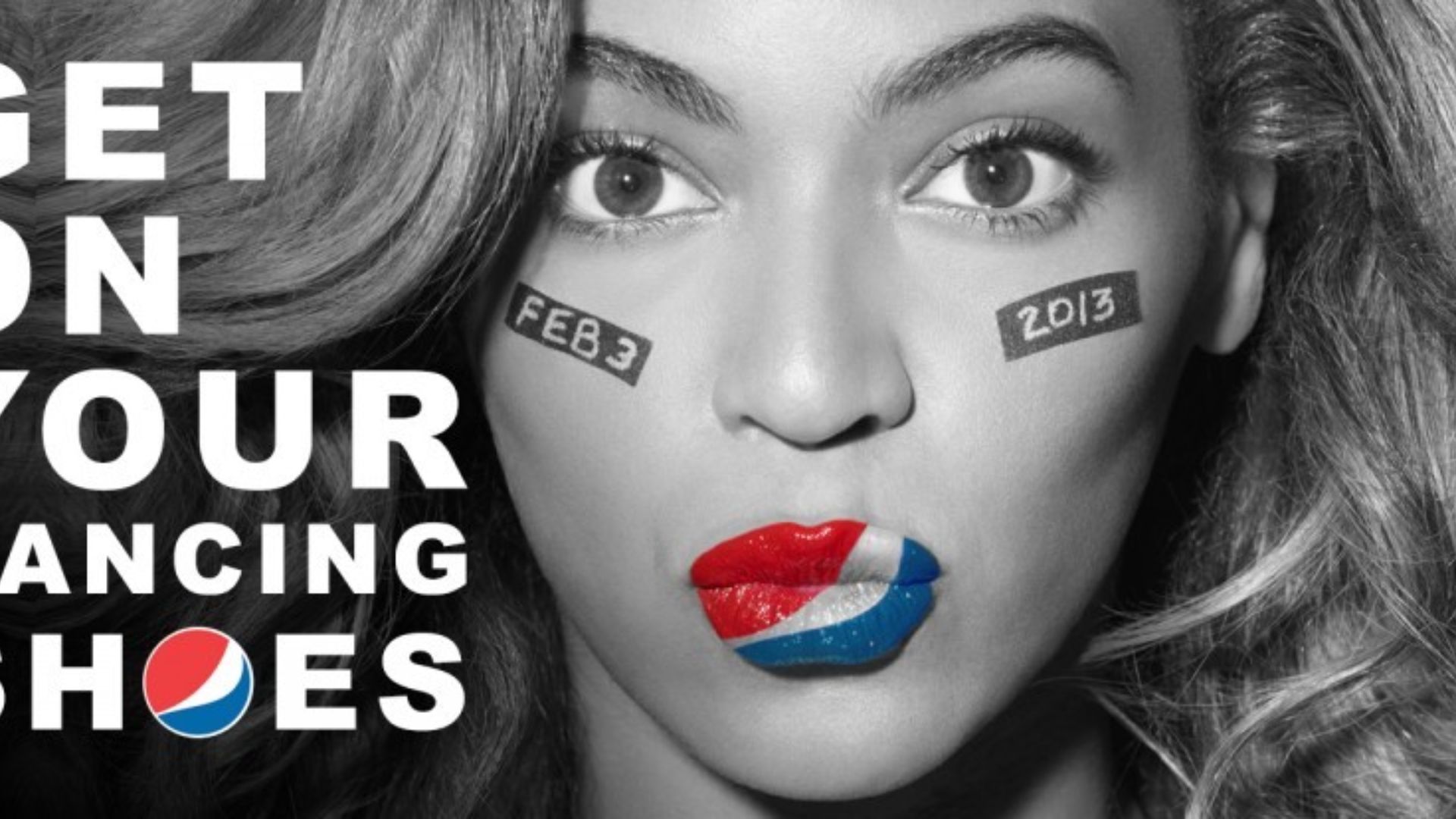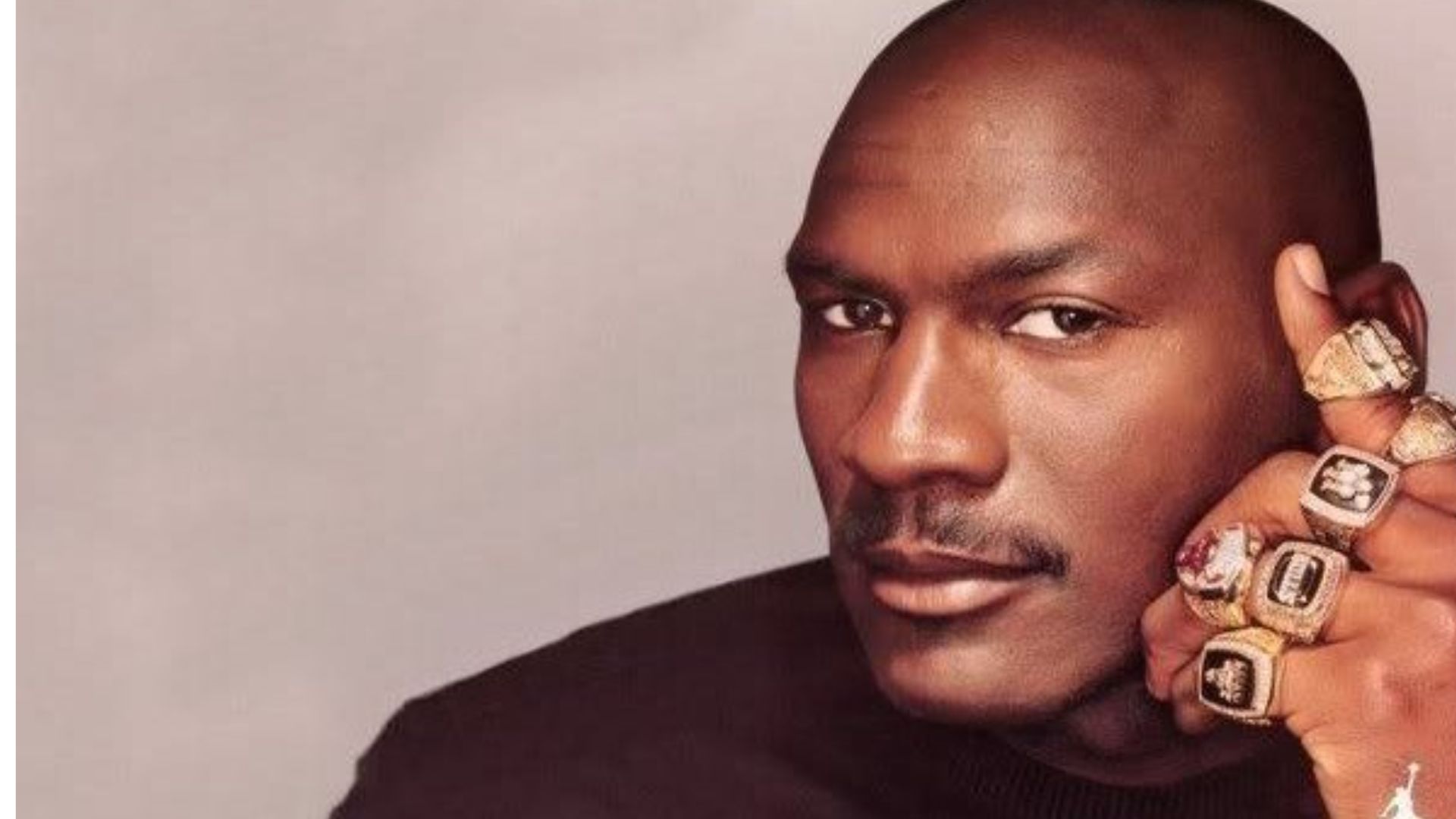Celebrity Endorsements - The Power Of Celebrity Influence
In today's world, the endorsement of a celebrity can make or break a product's success. Celebrity endorsements have been a staple of advertising for decades, and they continue to be an effective marketing strategy.
Author:Elisa MuellerReviewer:Iram MartinsFeb 26, 202320.9K Shares806.2K Views

In today's world, the endorsement of a celebrity can make or break a product's success. Celebrity endorsementshave been a staple of advertising for decades, and they continue to be an effective marketing strategy.
Many companies believe that associating their brand with a famous face can help to increase sales, build brand awareness, and generate buzz around their product.
In this article, we will explore the phenomenon of celebrity endorsements, their history, their effectiveness, and their potential drawbacks.
History Of Celebrity Endorsements
The history of celebrity endorsements dates back to the early 1900s when companies began using celebrities to endorse their products. At that time, the most common form of endorsement was through print advertisements.
By the 1920s, radio became a popular medium, and celebrities began endorsing products on air. In the 1950s and 1960s, television became the dominant medium for advertising, and celebrities became a common sight in commercials.
In the 1980s and 1990s, the use of celebrities in advertising exploded. Celebrities such as Michael Jordan, Cindy Crawford, and Michael Jackson were highly sought after by companies to endorse their products.
Today, the use of celebrities in advertising has become ubiquitous, with companies from all industries enlisting the help of famous faces to promote their products.
Effectiveness Of Celebrity Endorsements
The effectiveness of celebrity endorsements has been a topic of debate in the marketing world. Some studies have shown that celebrity endorsements can increase sales and brand recognition.
One study found that products endorsed by celebrities saw a 4% increase in sales compared to products that were not endorsed. Another study found that celebrity endorsements were more effective in increasing purchase intent among younger consumers.
However, other studies have shown that celebrity endorsements may not always be effective. One study found that the effectiveness of a celebrity endorsement depends on the match between the celebrity and the product being endorsed.
Another study found that the credibility of the celebrity can impact the effectiveness of the endorsement. If the celebrity is seen as untrustworthy or has a negative image, their endorsement may actually hurt the product's sales.
Potential Drawbacks Of Celebrity Endorsements
While celebrity endorsements can be effective, there are potential drawbacks that companies should be aware of. One drawback is the high cost of hiring a celebrity to endorse a product.
Some celebrities charge millions of dollars for a single endorsement, making it difficult for smaller companies to afford.
Another potential drawback is the risk of negative publicity if the celebrity endorser gets into trouble. If a celebrity endorser is involved in a scandal or controversy, it can reflect poorly on the product and the company.
For example, Tiger Woods' highly publicized marital infidelities led to several companies, including Gillette and Accenture, dropping him as their spokesperson.
Celebrity Endorsements Examples
Celebrity endorsements have been a popular marketing strategy for many years, and there are countless examples of companies using famous faces to promote their products. Here are a few notable examples of celebrity endorsements:
Nike And Michael Jordan
One of the most successful celebrity endorsements of all time is Nike's partnership with basketball legend Michael Jordan. Nike signed Jordan to a sponsorship deal in 1984, and the "Air Jordan" line of basketball shoes quickly became a phenomenon.
Jordan's image was used in numerous ads and commercials, and the shoes became highly sought after by basketball fans and collectors. The partnership has been credited with helping to establish Nike as a leading brand in the athletic footwear industry.
Pepsi And Beyoncé
Pepsi has a long history of using celebrity endorsements in its advertising campaigns. In 2012, the company signed a $50 million deal with pop star Beyoncé to promote its brand.
The campaign included a series of commercials, a limited edition Pepsi can featuring Beyoncé's image, and a sponsorship of her concert tour. The partnership was considered a success, with Pepsi reporting increased sales and brand recognition as a result of the campaign.
CoverGirl And Zendaya
Cosmetics brand CoverGirl has used numerous celebrity endorsements over the years, including Ellen DeGeneres, Queen Latifah, and Taylor Swift. In 2016, the company signed actress and singer Zendaya as its latest spokesperson.
The partnership was seen as a departure from the company's traditional focus on "girl-next-door" type models and was praised for its diversity and inclusivity.
Coca-Cola And Selena Gomez
Coca-Cola has used numerous celebrity endorsements over the years, including athletes, musicians, and actors. In 2016, the company signed singer and actress Selena Gomez to promote its brand.
The partnership included a series of commercials, a limited edition Coca-Cola can featuring Gomez's image, and sponsorship of her concert tour.
The campaign was considered a success, with Coca-Cola reporting increased sales and social media engagement as a result of the partnership.
Olay And Katie Holmes
Skincare brand Olay signed actress Katie Holmes as its spokesperson in 2020. The partnership included a series of commercials and social media posts featuring Holmes, as well as a limited edition product line.
The campaign was praised for its focus on empowering women and promoting self-care and was considered a success for the brand.
These are just a few examples of the many celebrity endorsements that have been used in advertising over the years.
While not every partnership is successful, when done well, celebrity endorsements can be a powerful tool for companies to promote their products and build their brand.
How To Get Celebrity Endorsements
Getting a celebrity endorsement can be a valuable marketing strategy for businesses looking to increase brand awareness and drive sales. Here are some steps that can help you get a celebrity endorsement:
Identify The Right Celebrity
The first step is to identify a celebrity who is a good fit for your brand. Consider factors such as their values, image, and target audience, and look for someone who aligns with your brand's message and goals.
Reach Out To The Celebrity's Team
Once you have identified a celebrity, reach out to their management team or agent to inquire about their availability and interest in a partnership. Be prepared to provide details about your brand and what you hope to achieve with the endorsement.
Negotiate Terms
If the celebrity is interested in working with your brand, negotiate the terms of the partnership. This can include details such as the length of the partnership, compensation, and the specific activities or promotions the celebrity will be involved in.
Develop A Campaign
Once the partnership is agreed upon, work with the celebrity and their team to develop a campaign that showcases the brand and the celebrity's involvement. This can include ads, social media posts, product launches, or events.
Video unavailable
This video is unavailable: Original link to video
Monitor And Measure Success
As with any marketing campaign, it's important to monitor the success of the celebrity endorsement and measure its impact on your brand. This can include tracking sales, social media engagement, and brand awareness to determine the effectiveness of the campaign.
It's important to note that getting a celebrity endorsement can be costly and may not always result in a successful campaign.
It's important to carefully consider whether a celebrity endorsement is a right strategy for your brand and to choose a celebrity who is a good fit for your goals and target audience.
People Also Ask
How Effective Are Celebrity Endorsements In Marketing?
Celebrity endorsements can be highly effective in marketing, as they can help to increase brand awareness and credibility, and can influence consumer behavior.
How Much Do Celebrities Typically Get Paid For Endorsements?
The amount of money paid to celebrities for endorsements can vary widely depending on the celebrity's popularity, the brand, and the specific terms of the partnership.
What Are Some Risks Of Using Celebrity Endorsements In Marketing?
Some risks of using celebrity endorsements in marketing include the potential for negative publicity if the celebrity's behavior or personal life comes under scrutiny.
Conclusion
In conclusion, celebrity endorsements have been a staple of advertising for decades, and they continue to be an effective marketing strategy.
While the effectiveness of celebrity endorsements is debated, there is evidence to suggest that they can increase sales and brand recognition.
However, companies should be aware of the potential drawbacks, including the high cost of hiring a celebrity and the risk of negative publicity.
When considering a celebrity endorsement, companies should carefully consider the match between the celebrity and the product being endorsed and the credibility of the celebrity.
Overall, celebrity endorsements can be a powerful tool for companies to promote their products, but it is important to use them wisely.

Elisa Mueller
Author
Elisa Mueller, a Kansas City native, grew up surrounded by the wonders of books and movies, inspired by her parents' passion for education and film.
She earned bachelor's degrees in English and Journalism from the University of Kansas before moving to New York City, where she spent a decade at Entertainment Weekly, visiting film sets worldwide.
With over 8 years in the entertainment industry, Elisa is a seasoned journalist and media analyst, holding a degree in Journalism from NYU. Her insightful critiques have been featured in prestigious publications, cementing her reputation for accuracy and depth.
Outside of work, she enjoys attending film festivals, painting, writing fiction, and studying numerology.

Iram Martins
Reviewer
Iram Martins is a seasoned travel writer and explorer with over a decade of experience in uncovering the world's hidden gems. Holding a Bachelor's degree in Tourism Management from the University of Lisbon, Iram's credentials highlight his authority in the realm of travel.
As an author of numerous travel guides and articles for top travel publications, his writing is celebrated for its vivid descriptions and practical insights.
Iram’s passion for cultural immersion and off-the-beaten-path adventures shines through in his work, captivating readers and inspiring wanderlust.
Outside of his writing pursuits, Iram enjoys learning new languages, reviewing films and TV shows, writing about celebrity lifestyles, and attending cultural festivals.
Latest Articles
Popular Articles
